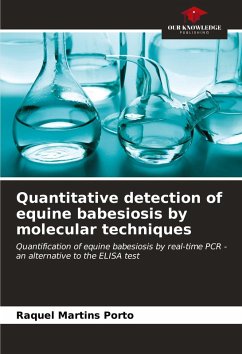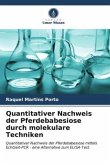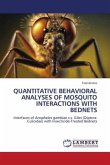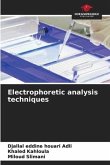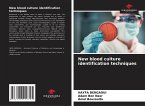Equine babesiosis is one of the main parasitic diseases of horses and causes great damage to animal health, so detecting it as soon as possible makes treatment more successful. The aim of this book was to apply the real-time PCR technique (Q-PCR) to quantify equine Babesiosis using primers specific to the Babesia equi haemoparasite. The method used was the extraction of blood DNA from horses followed by amplification with specific primers for Babesia equi parasites. Two types of test were carried out: nested-PCR and Q-PCR to identify and quantify the parasite. Seven horses of the breed were analysed, three of which showed high levels of the parasite, although they had no clinical symptoms of the disease at the time of collection, but fell ill months later. This study opens up the prospect of using the Q-PCR technique to diagnose this equine pathology.
Bitte wählen Sie Ihr Anliegen aus.
Rechnungen
Retourenschein anfordern
Bestellstatus
Storno

